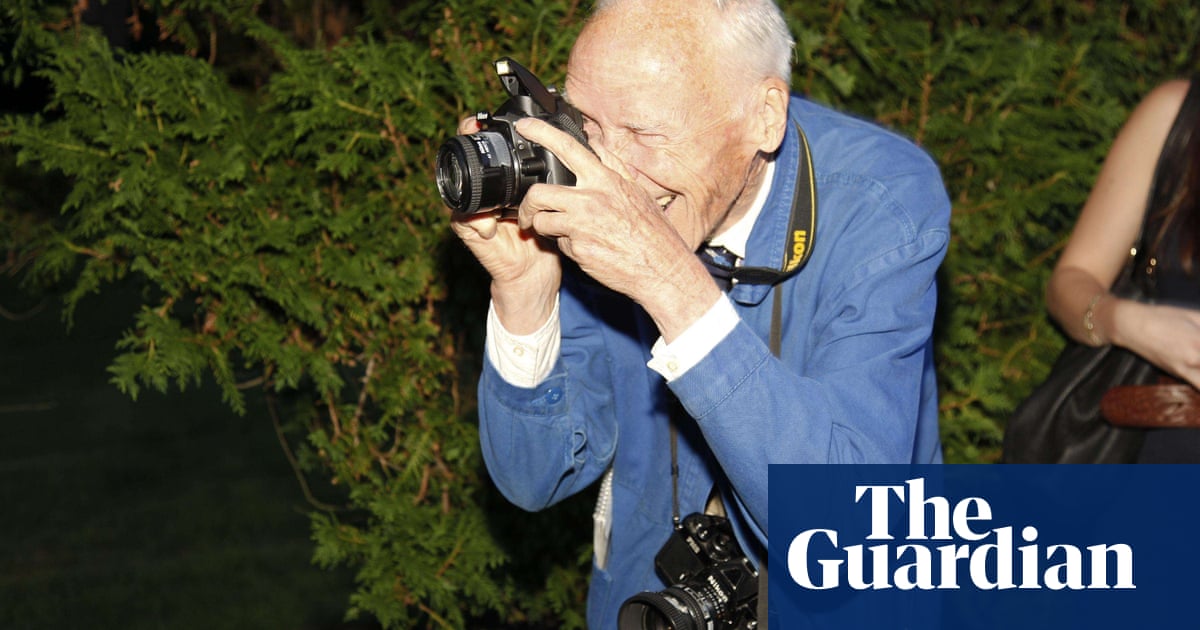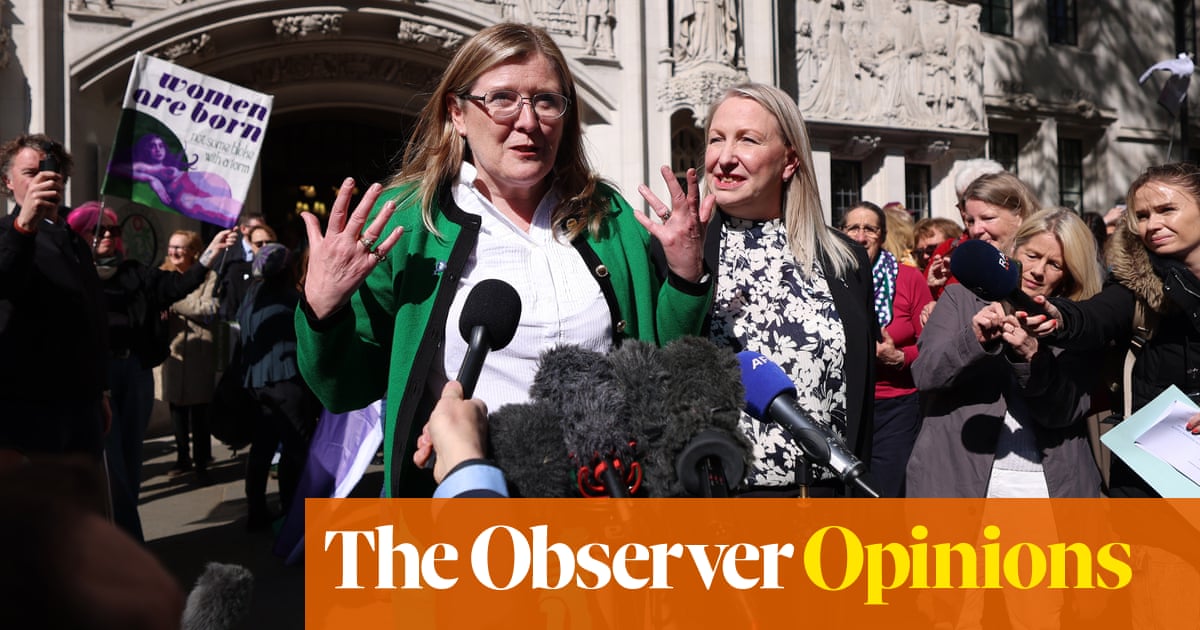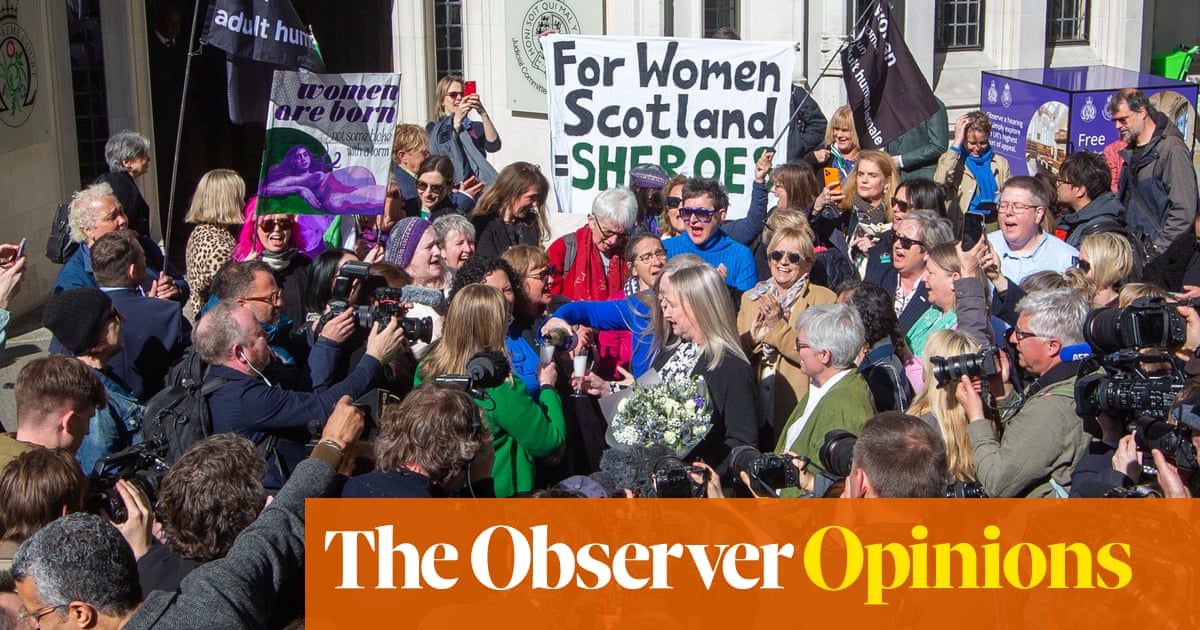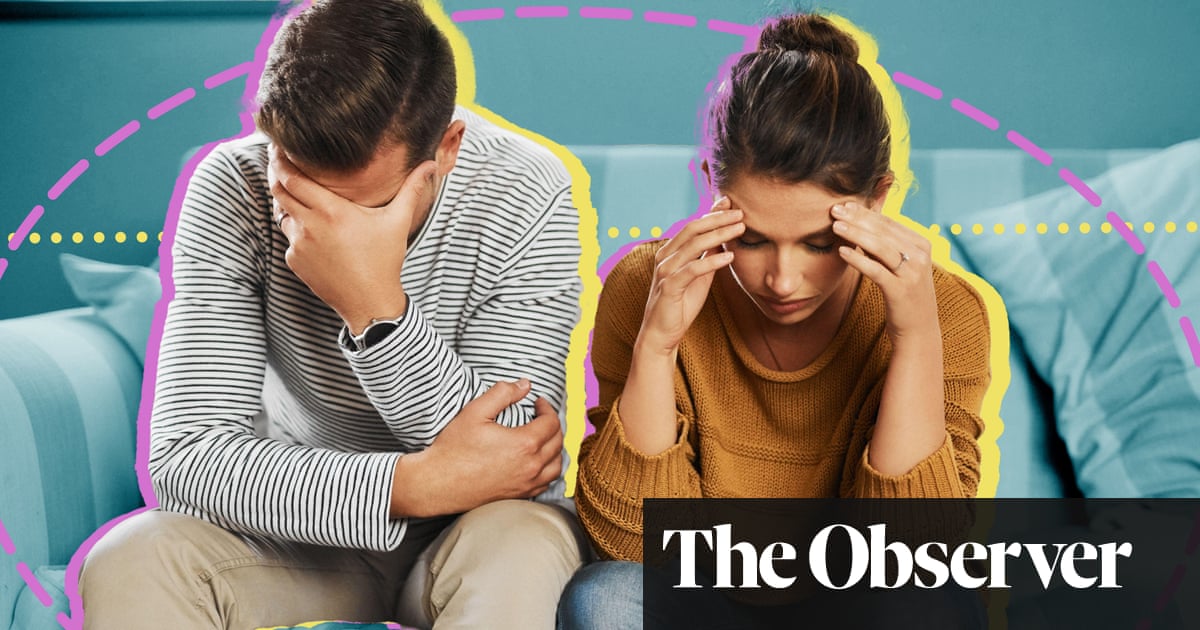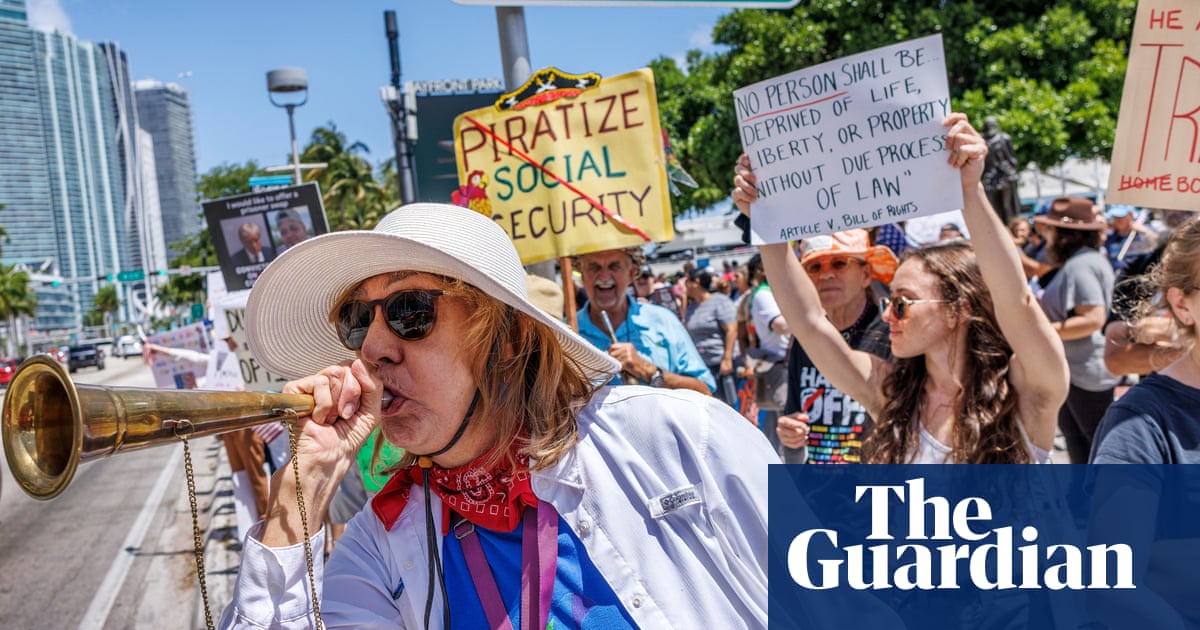Mark Zuckerberg seems to have gone full Maga. Just two weeks before Donald Trump assumes power over the world’s most powerful government, the CEO and founder of the most powerful collection of Internet companies has decided to capitalize on what is sure to be a large and fast retreat from accountability and regulatory curbs on corporate negligence.
Some might read Zuckerberg’s announcement on Tuesday that he will end the eight-year project to protect users from hatred, threats, harassment and violent imagery as an example of pandering to the president-elect’s own power or Elon Musk’s new role as regulatory consigliere to Trump.
That would get him wrong. Zuckerberg is reverting to his core beliefs because of opportunity, not aligning himself with Trump out of fear.
Zuckerberg released a video in which he announced that Facebook and Instagram would no longer subject user-uploaded content to a full content-moderation review executed by both Meta itself and a constellation of contractors around the world. Instead, users will have the burden of flagging and complaining about content that causes harm or spreads dangerous misinformation about health or vulnerable people. User-guided content moderation, as we have seen on the platform formerly known as Twitter, is ridiculously ineffective. And that’s the goal.
Zuckerberg, as anyone who has studied his actions, mind and statements over the past two decades would tell you, is firmly committed to the principle that he knows better than the rest of us and that his company’s services are good for us. The more we use them, the better we will live, he believes. The more we encounter messages that challenge us or trouble us, he believes, the more likely we are to forge better decisions for ourselves. The more we post, the more we encounter, the more we mix it up, the more we argue, the more we work toward a better society, Zuckerberg believes against all historical evidence to the contrary. He is not acting as a mercenary capitalist. He is acting as a megamaniacal ideologue, as usual.
Zuckerberg’s self-regard is beyond limits. Perhaps only Musk, among his peers, has more self-regard. Zuckerberg is less insecure than Musk, so he sometimes tries to come off as chastened and innocent. In fact, Zuckerberg has never retreated from his belief that he and his companies deserve the power they have and should mold the world to his vision of the greater good.
It’s also a mistake to describe Zuckerberg’s move as a retreat from “fact-checking”, as the New York Times and other outlets described the policy of content moderation. It was never about facts nor should it have been. It was always about limiting harm to Facebook users and advertisers. No reputable company wants its product or service placed next to a gruesome image of sexual exploitation, violence or bigotry.
The big question about this move, as Meta makes a clear turn away from being a social media company into an artificial intelligence company, is why Zuckerberg no longer concerns himself with the desires of his advertisers.
Zuckerberg has always had so much capital at his disposal he has never had to worry about money. Perhaps this is an extension of that confidence. He might figure that advertisers have no place to go as his campaign to crush TikTok in the United States seems to have succeeded after Facebook’s rise already starved major media outlets of advertising revenue. Or maybe Zuckerberg is committed to freeing Meta from advertising as it develops AI tools it can sell and lease to companies and governments to generate steady revenue and even more political power.
It’s important to note, as surely Zuckerberg understands, that even when, from 2017 until now, Facebook and Instagram were deploying elaborate and expensive methods of filtering harmful content (including via AI and thousands of low-paid editors who worked long hours looking at and then flagging videos of animal mutilation and human decapitation) the system was far from effective.
Conspiracy theories about vaccines, the earth being flat, and secret cabals who allegedly run the world have long thrived on Facebook, mostly in Facebook groups, where much content moderation failed to have much influence. The success of these paranoid fantasies cannot be attributed to their place on the true-false axis. And questioning or disproving them with solid research and evidence does not deflate them. These are symptoms and expressions of deep cultural insecurities, not a failure of cognitive ability or a deficit of knowledge.
Zuckerberg was slow to implement even imperfect content moderation systems in the wake of the clear role that Facebook played in the election of Donald Trump in 2016 and the genocide of the Rohingya minority in Myanmar. Once he was publicly shamed and threatened with potentially effective regulation to curb the excesses of his platforms, he relented and pledged to solve the problem through a classic example of “corporate social responsibility” short-circuiting policy efforts through self-regulation.
Now, with the ascension of Trump and the complete Republican control of all three branches of the US government, the continued domination of Facebook friends such as India prime minister Narendra Modi, and the likely rise to power of extremist forces in Germany, France and other European countries, Zuckerberg no longer fears public admonition or effective regulation anywhere but Brazil, which has, under the Lula regime, stood out among powerful nations in its willingness to hold US companies to account. Zuckerberg also understands that Trump, with Zuckerberg’s old enemy Musk at his side, is likely to deploy excessive leverage and power to curb Brazil’s efforts to stand up to Silicon Valley on behalf of its citizens.
Going forward, as Zuckerberg and Meta appear to pander to Trump, we should remember that he believes his companies to be the solution, not the cause, of our global maladies. Zuckerberg is using Trump, not the other way around.
-
Siva Vaidhyanathan is a professor of Media Studies at the University of Virginia and the author of Antisocial Media: How Facebook Disconnects Us and Undermines Democracy (Oxford University Press, 2018).

 3 months ago
50
3 months ago
50
